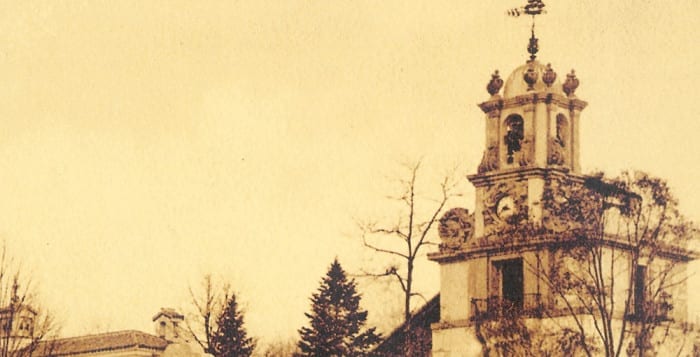By Nancy Burner, Esq.

When a couple gets divorced, the court attempts to divide the marital property as fairly and equally as possible.
This doctrine of Equitable Distribution considers factors such as the length of the marriage, age and health of each party, and the earning power of each spouse. Under New York State law, “marital property” is broadly defined as property acquired by one or both spouses during the marriage. “Separate property” is defined as property acquired by an individual prior to marriage. Separate property is not subject to Equitable Distribution.
However, certain types of assets acquired during marriage are not subject to Equitable Distribution. Inheritance, gifts received from individuals other than one’s spouse, and personal injury compensation are considered separate property.
At first glance, it may appear that your child’s inheritance does not need protecting, but this is not the end of the story. Separate property can become marital property if “commingled” with marital property.
For example, if your child were to deposit their inheritance into a joint account with their spouse, use inherited assets to purchase a home titled jointly, or your child’s spouse contributes to the maintenance and capital improvements of inherited property, the assets would become commingled and thus subject to Equitable Distribution upon divorce.
The best action you can take to prevent this from occurring is to leave your child’s inheritance in a trust. You could name your child as trustee or appoint someone else, and you would be able to limit distributions from the trust as you see fit. Importantly, the trust adds a layer of separation, better protecting the inheritance from a divorcing spouse and creditors by maintaining its status as separate property.
Moreover, with a trust you can control the remainder beneficiaries of the property you leave your child after his death. If you were to leave them their inheritance outright, your child’s own will would dictate how their estate were to pass. But with a trust you could stipulate that upon your child’s death any remaining assets pass to whomever you wish. This could be your grandchildren, your other children, or your favorite charity.
Nancy Burner, Esq. is the founder and managing partner at Burner Law Group, P.C with offices located in East Setauket, Westhampton Beach, New York City and East Hampton.






